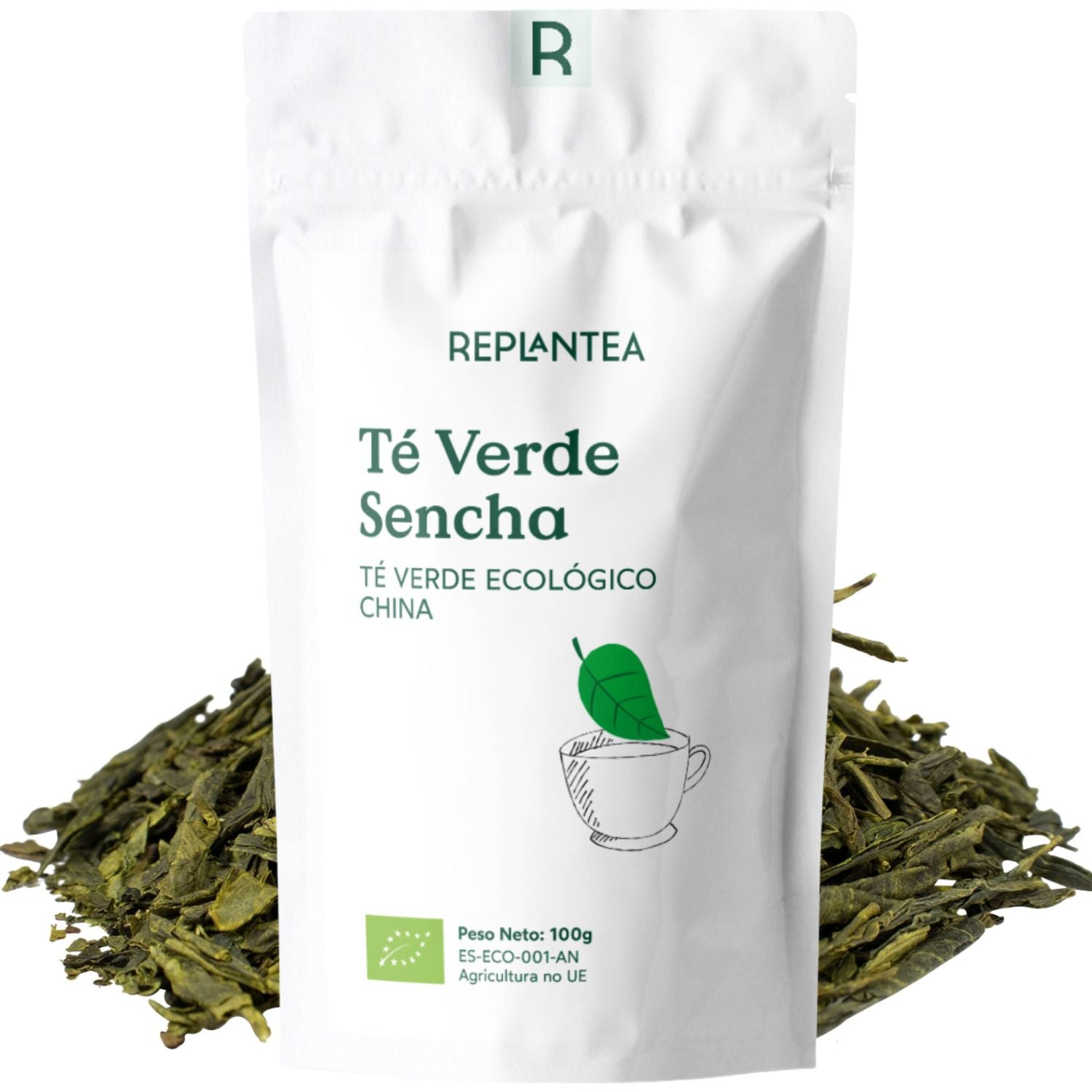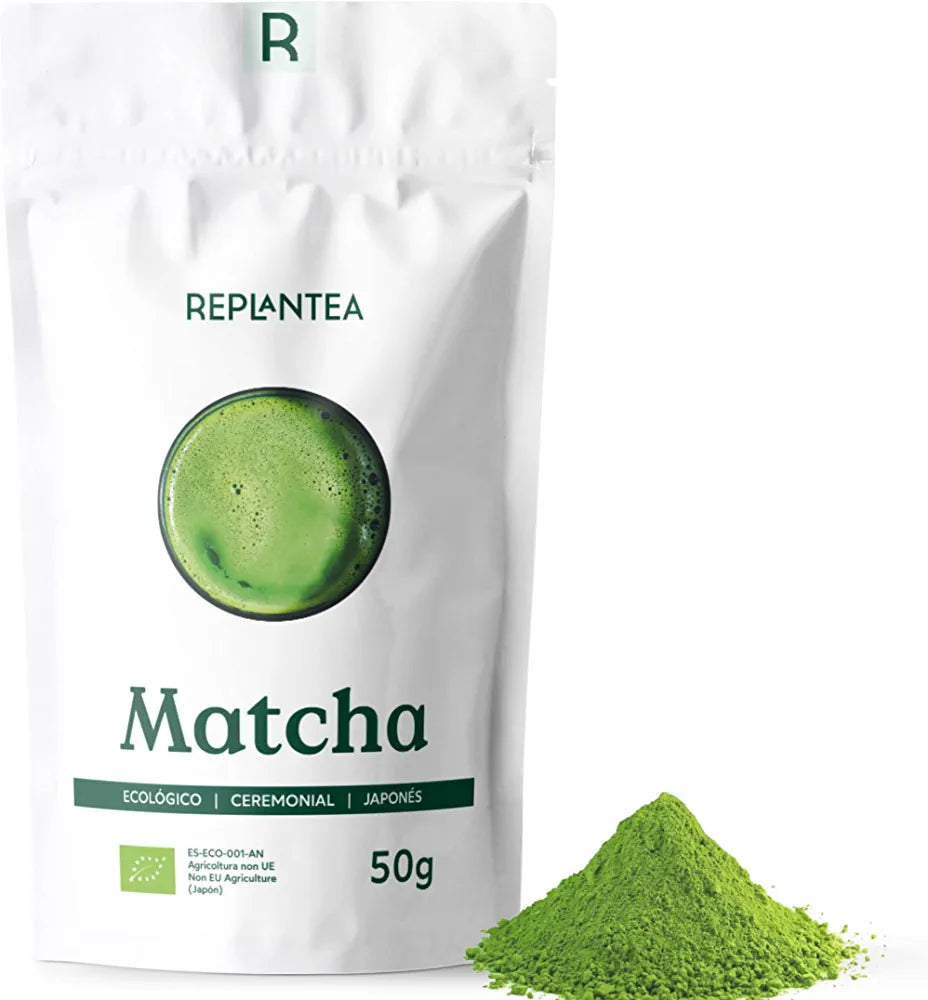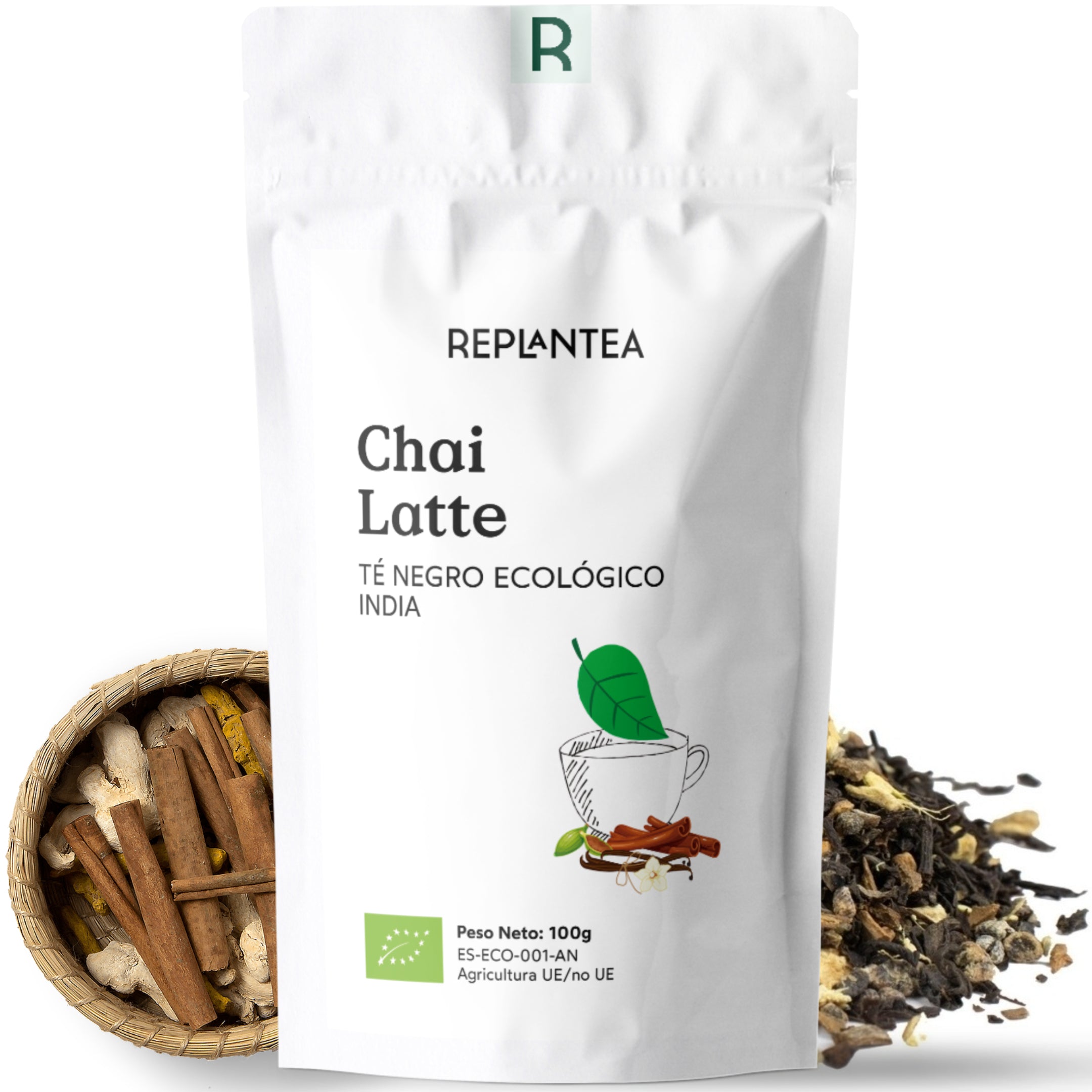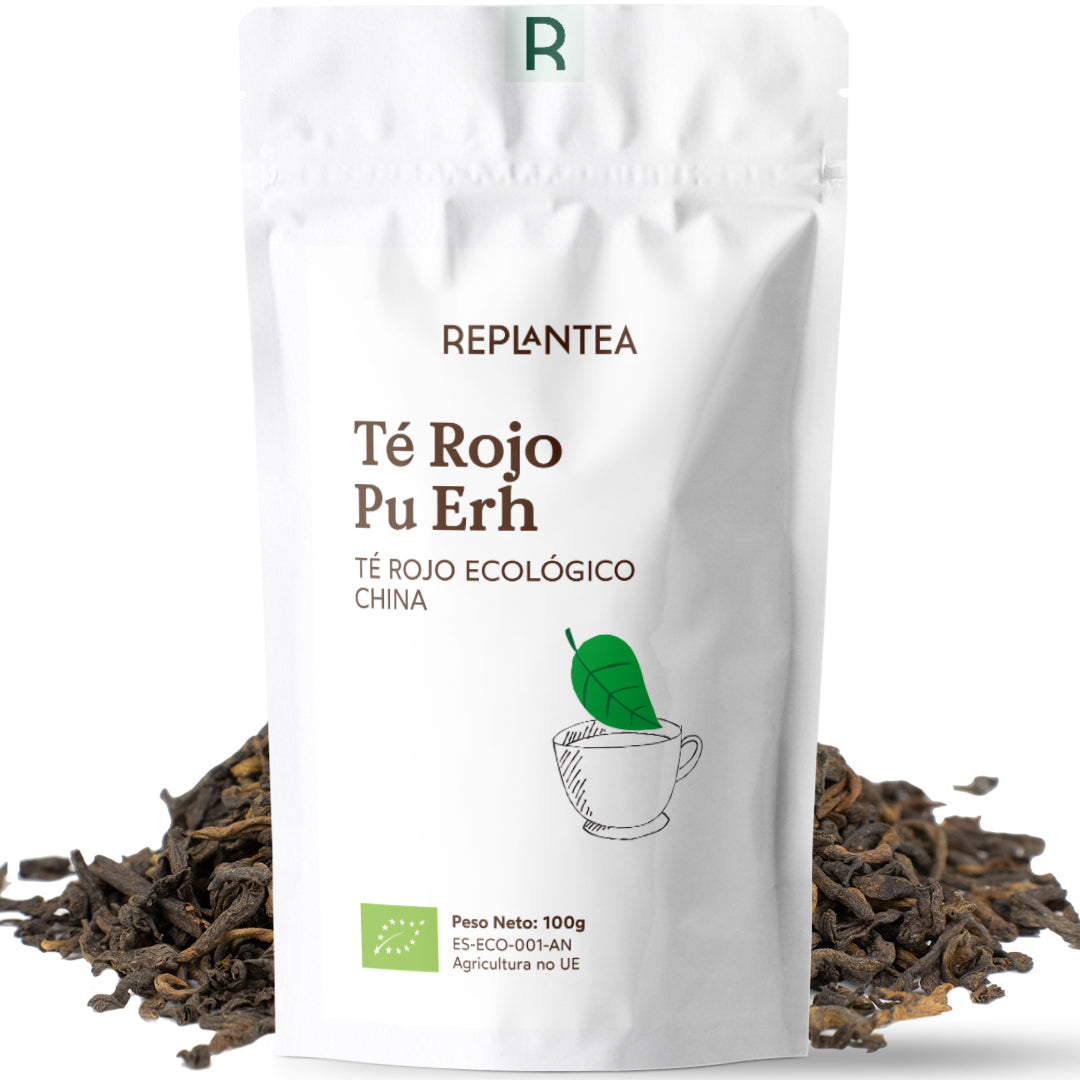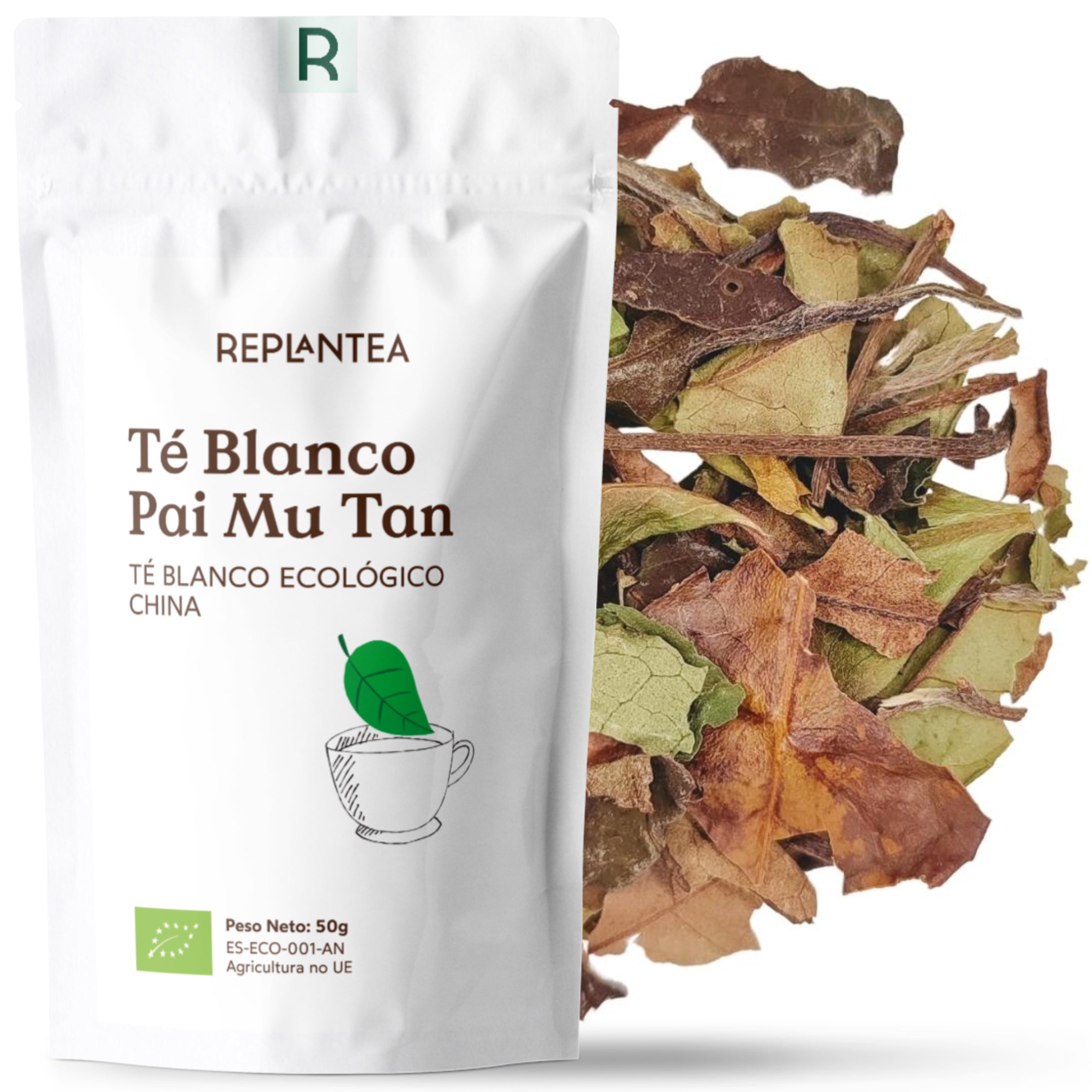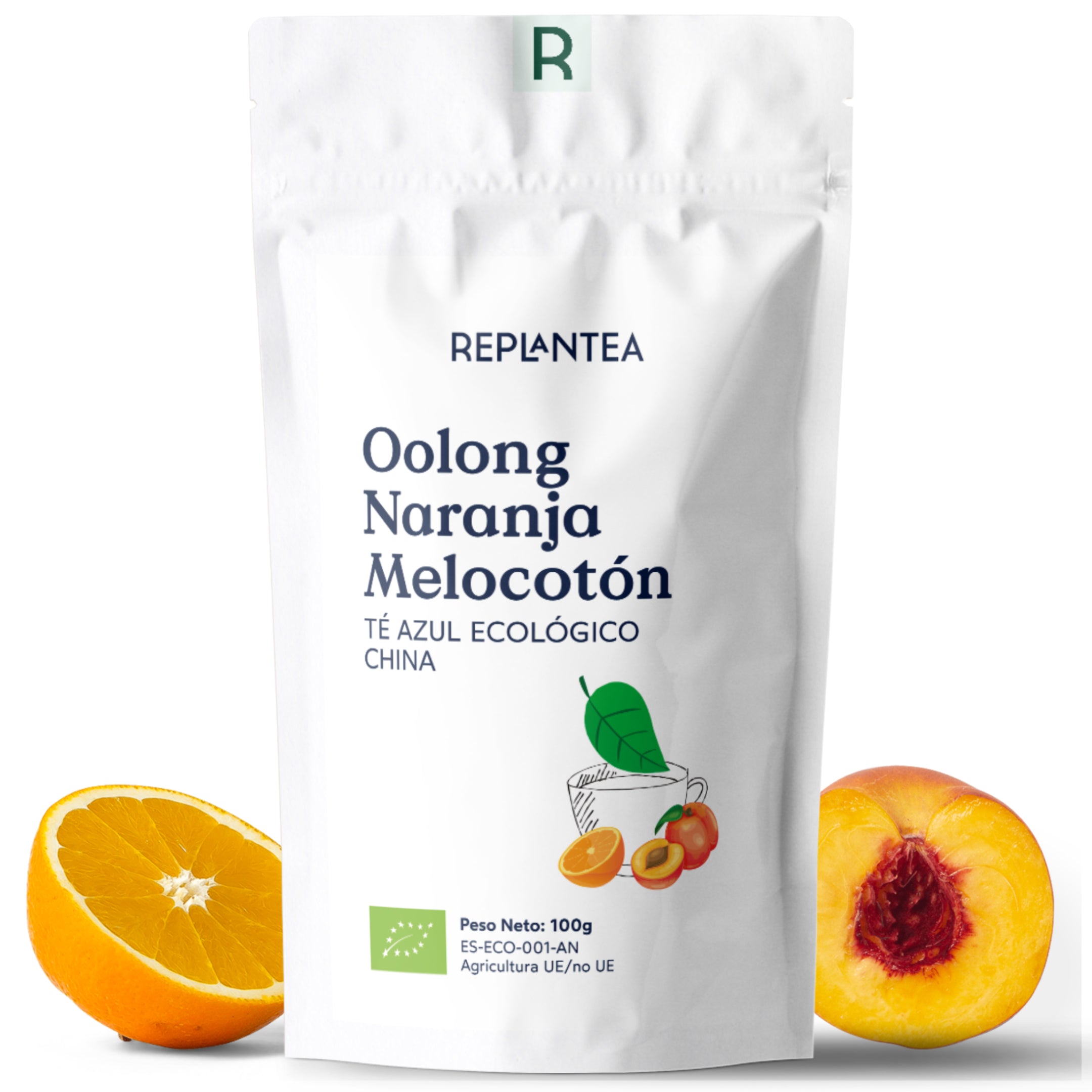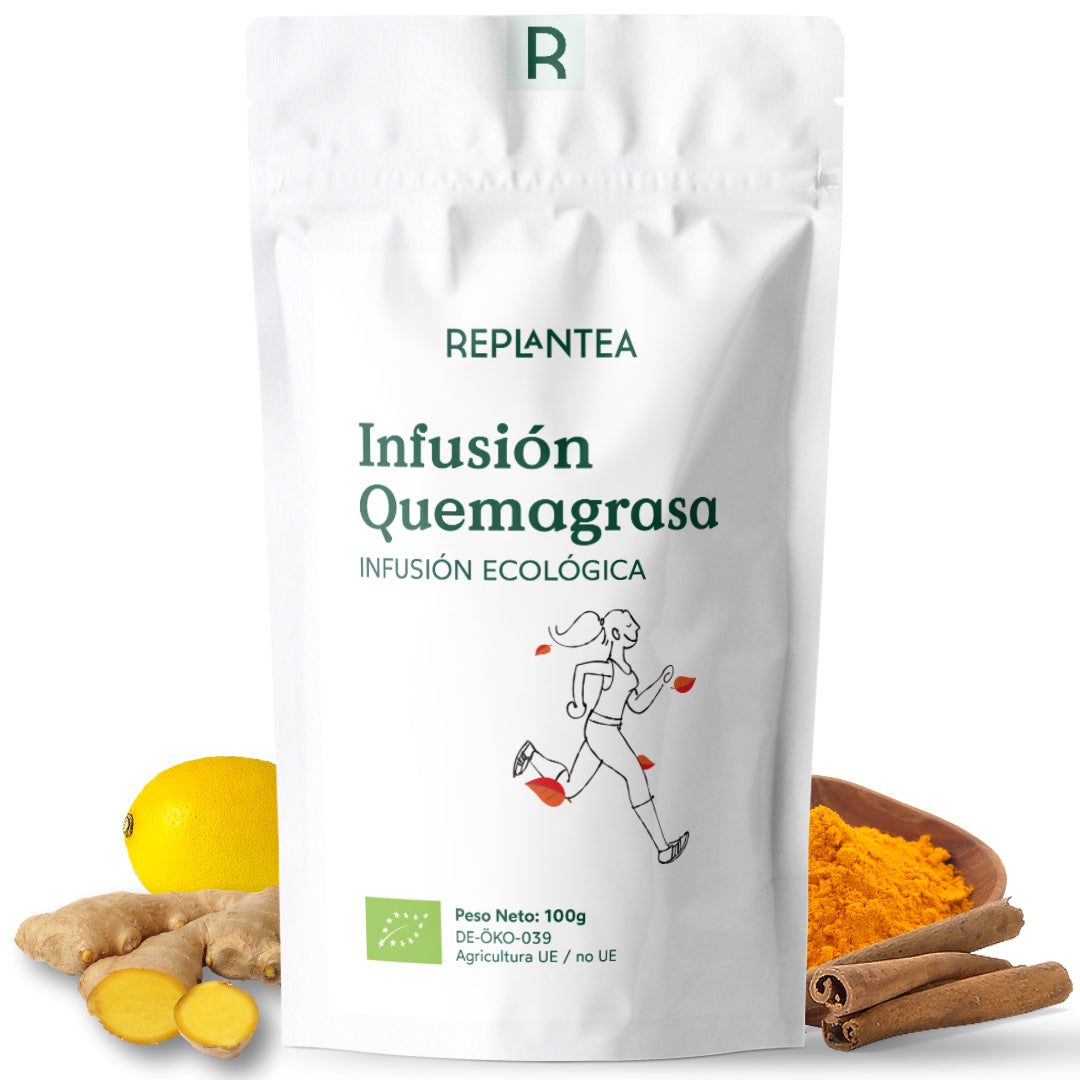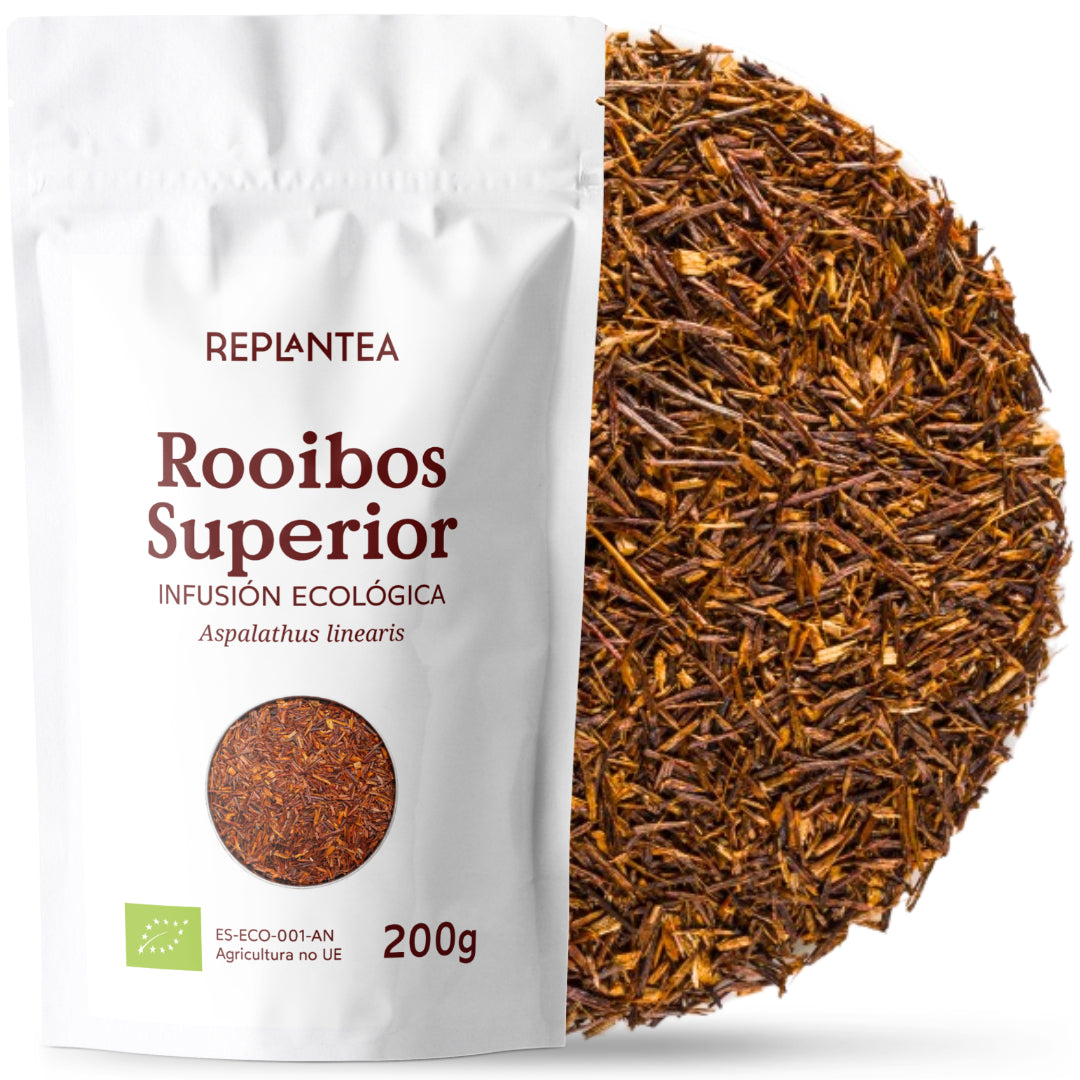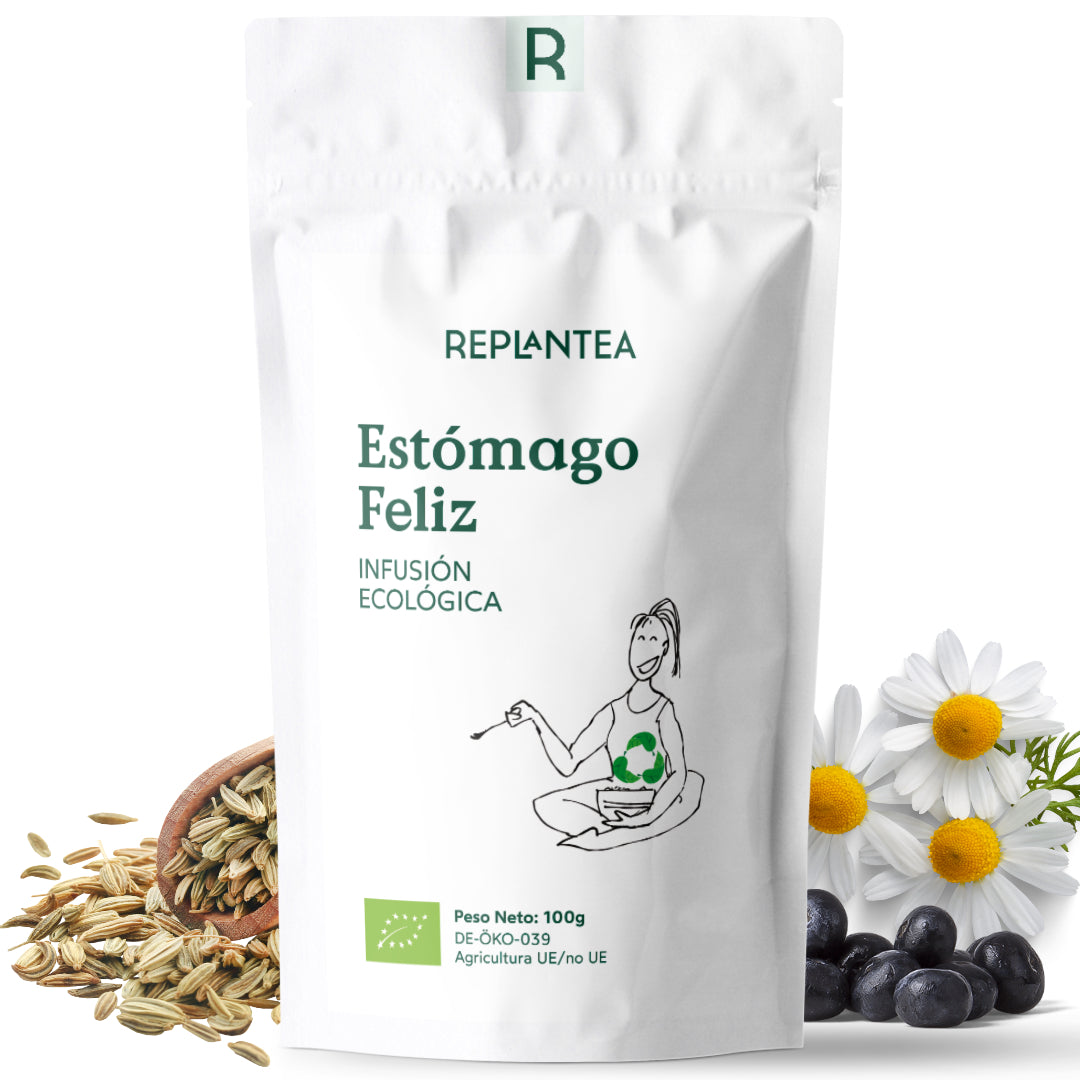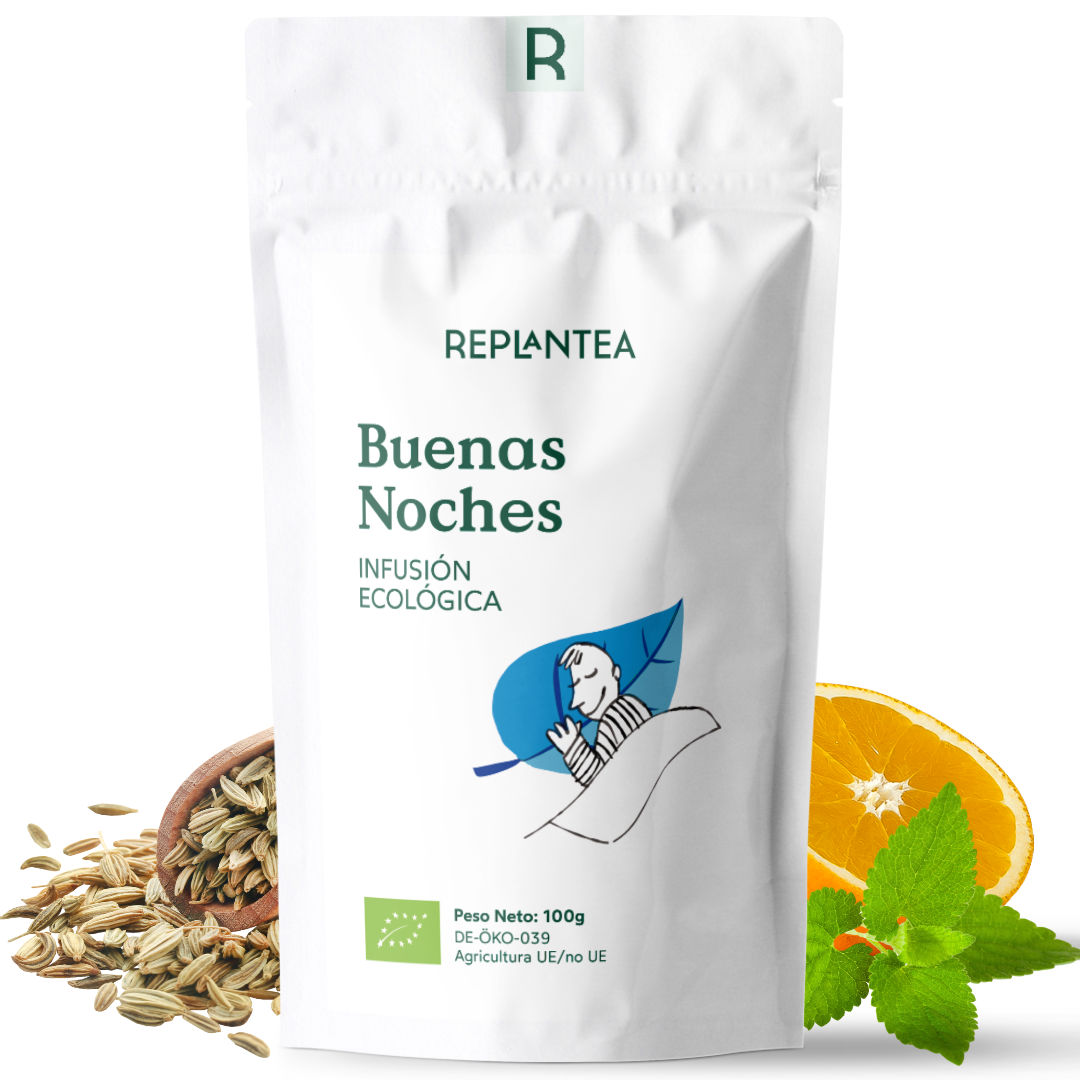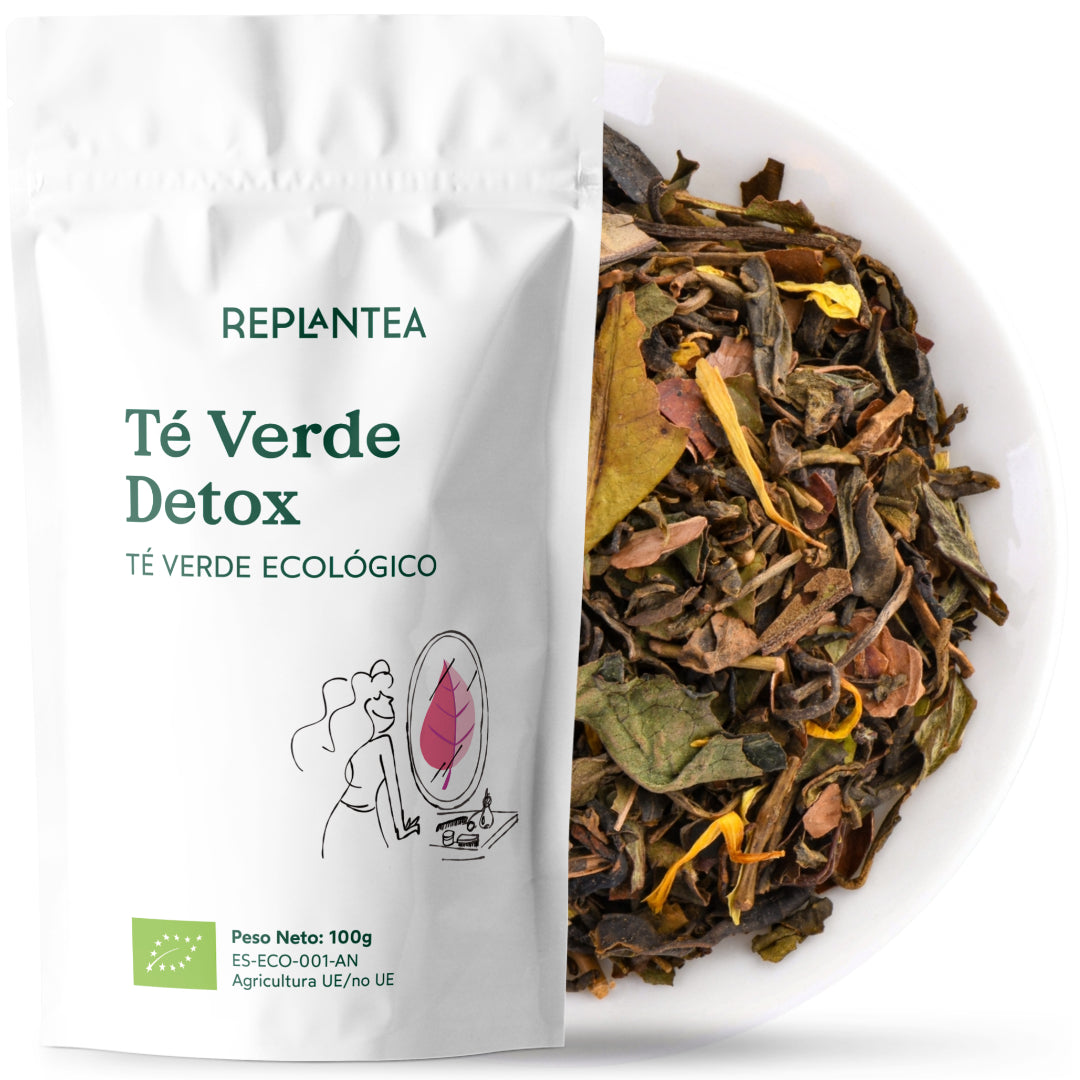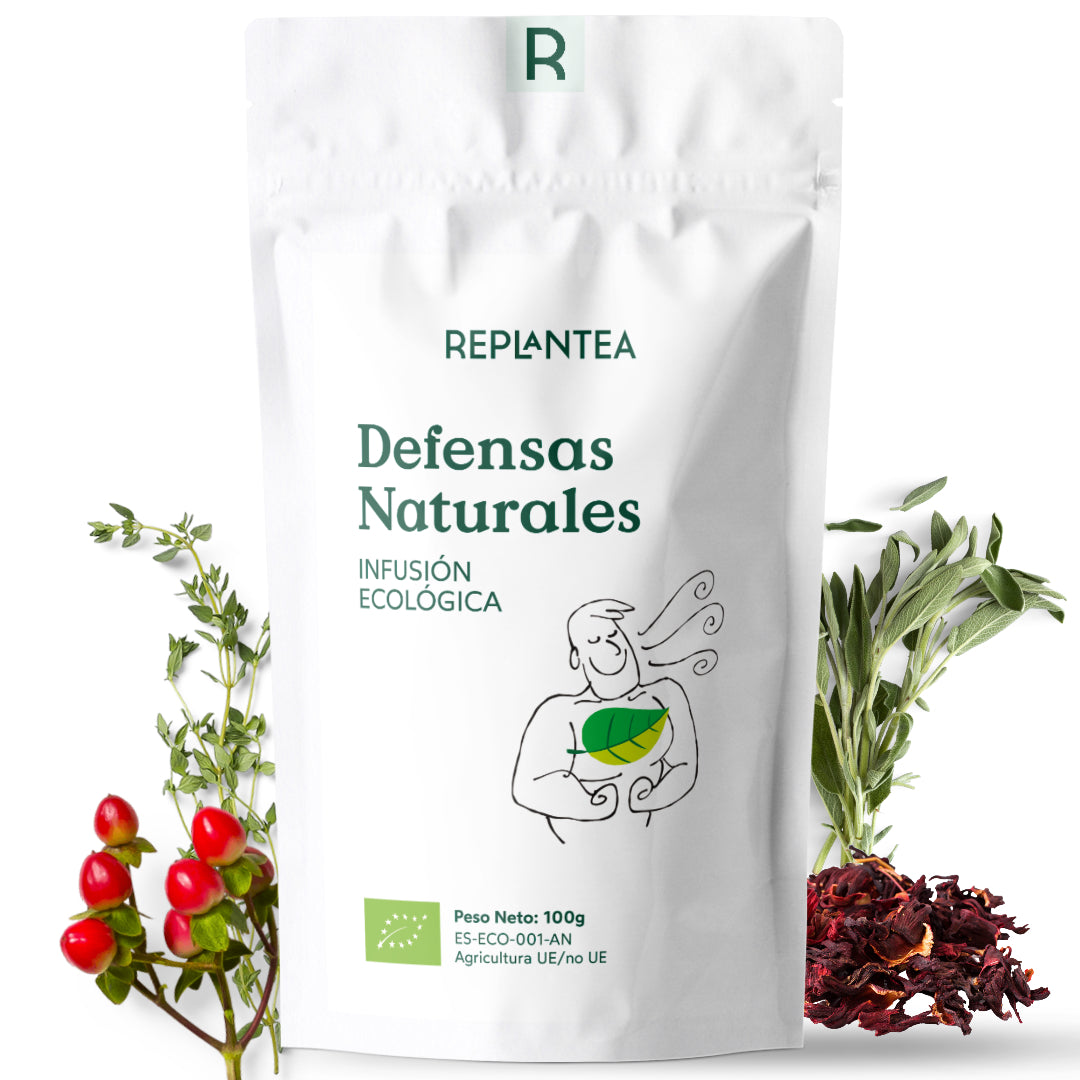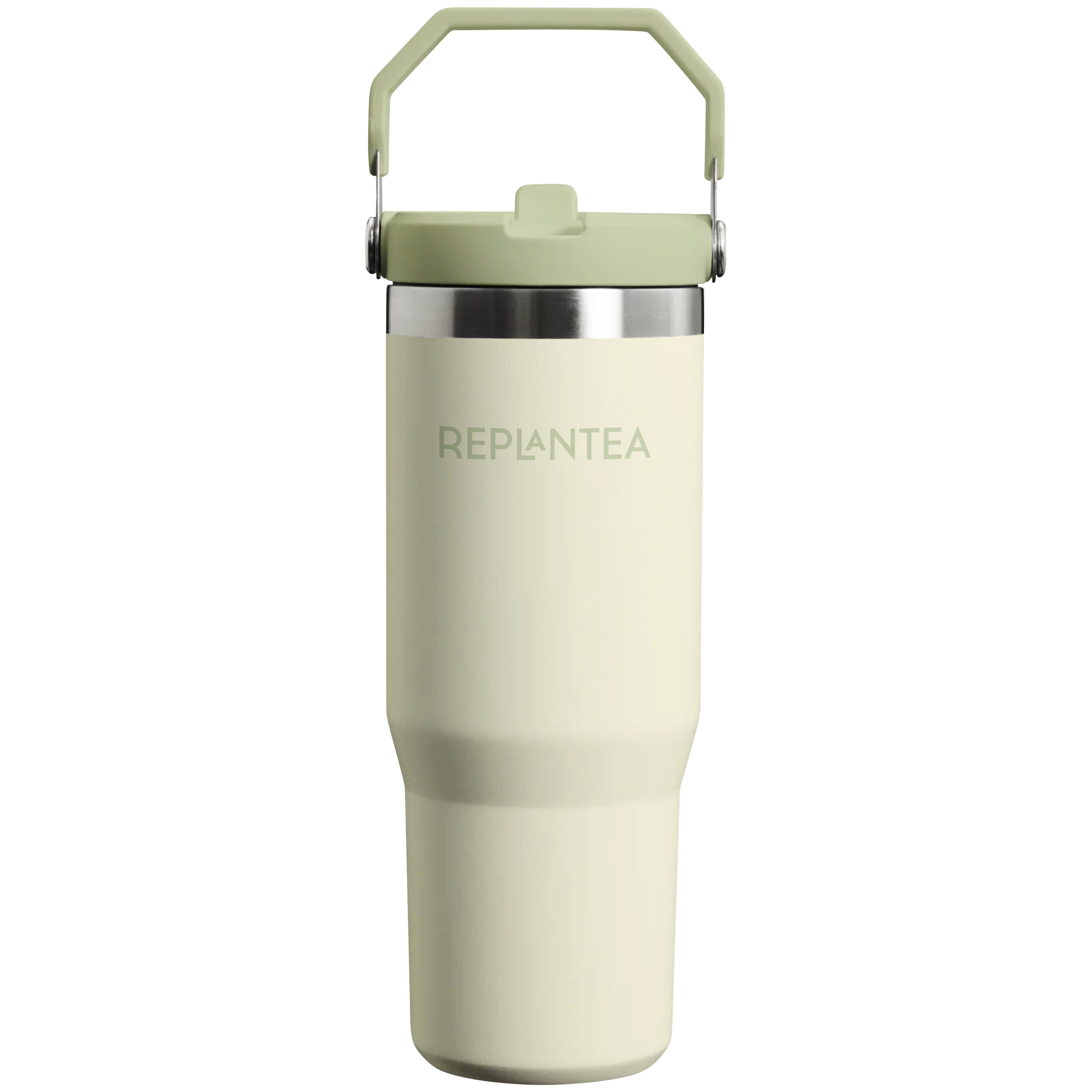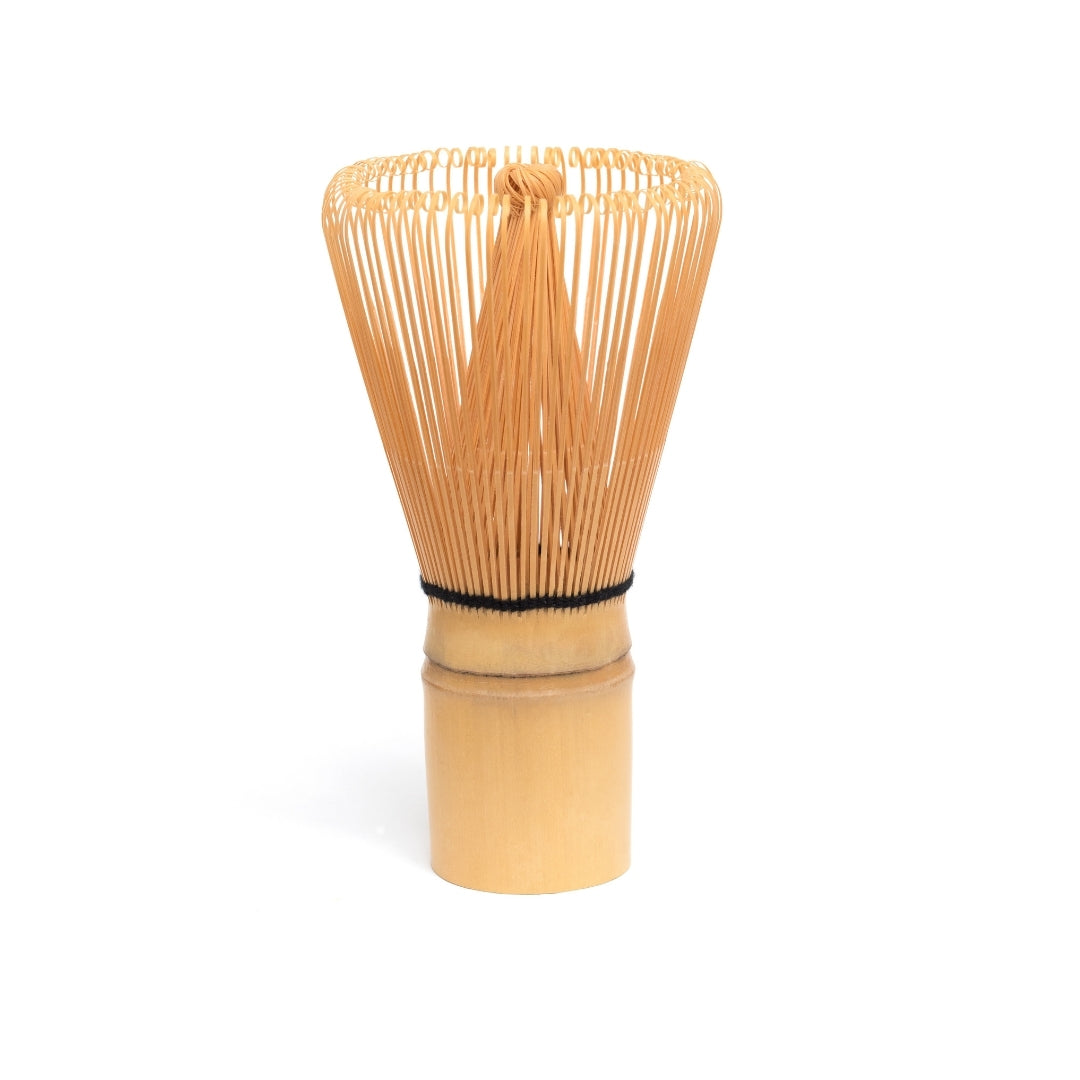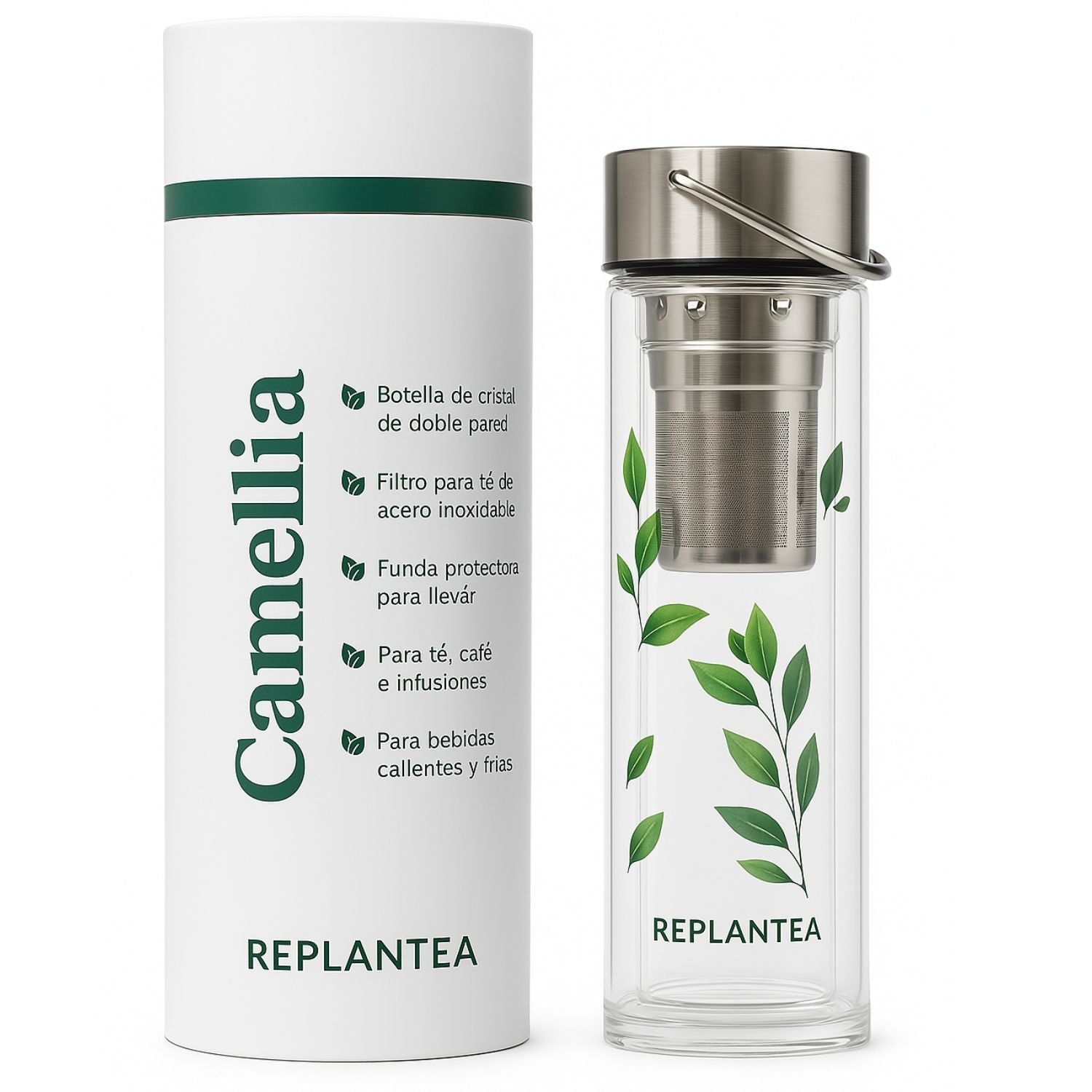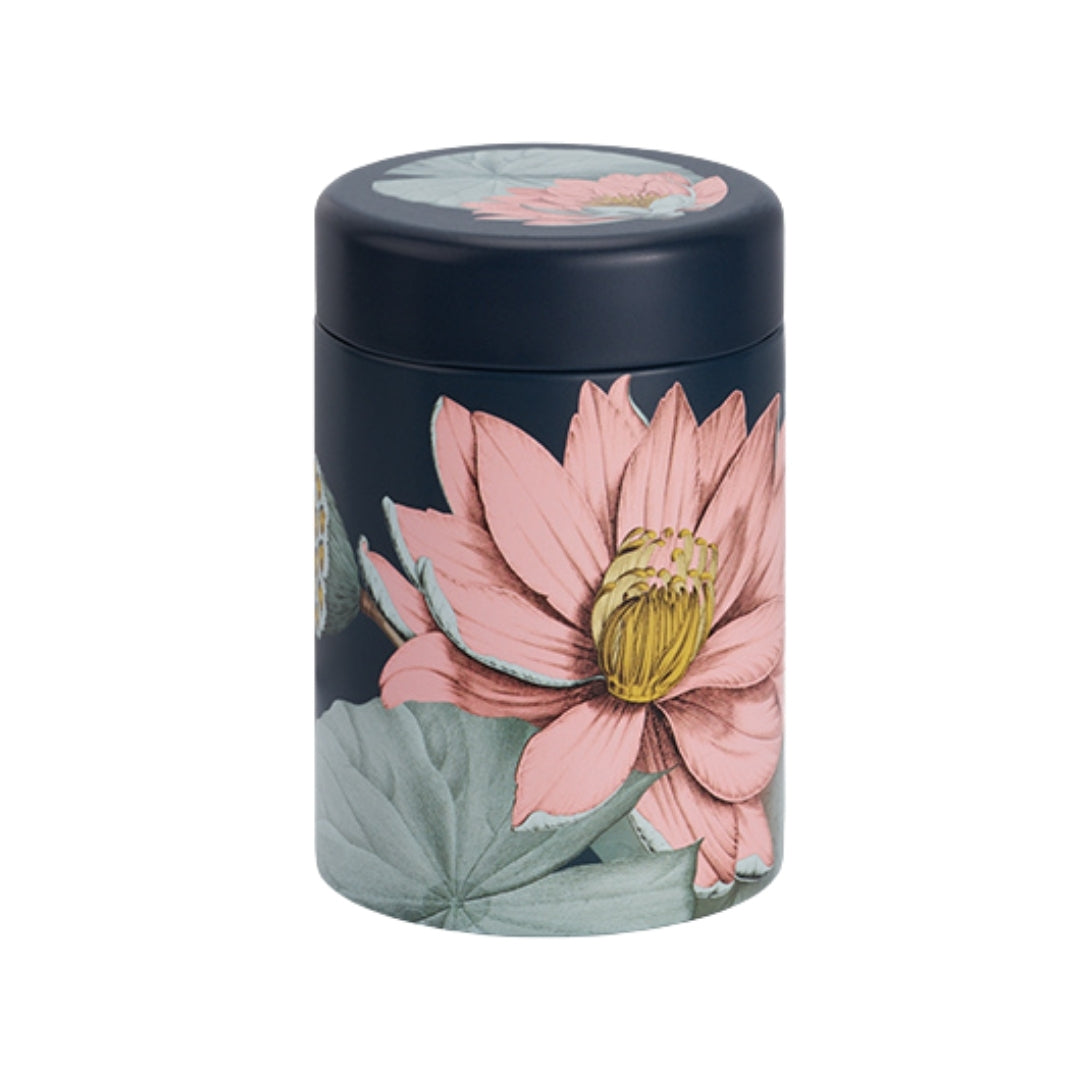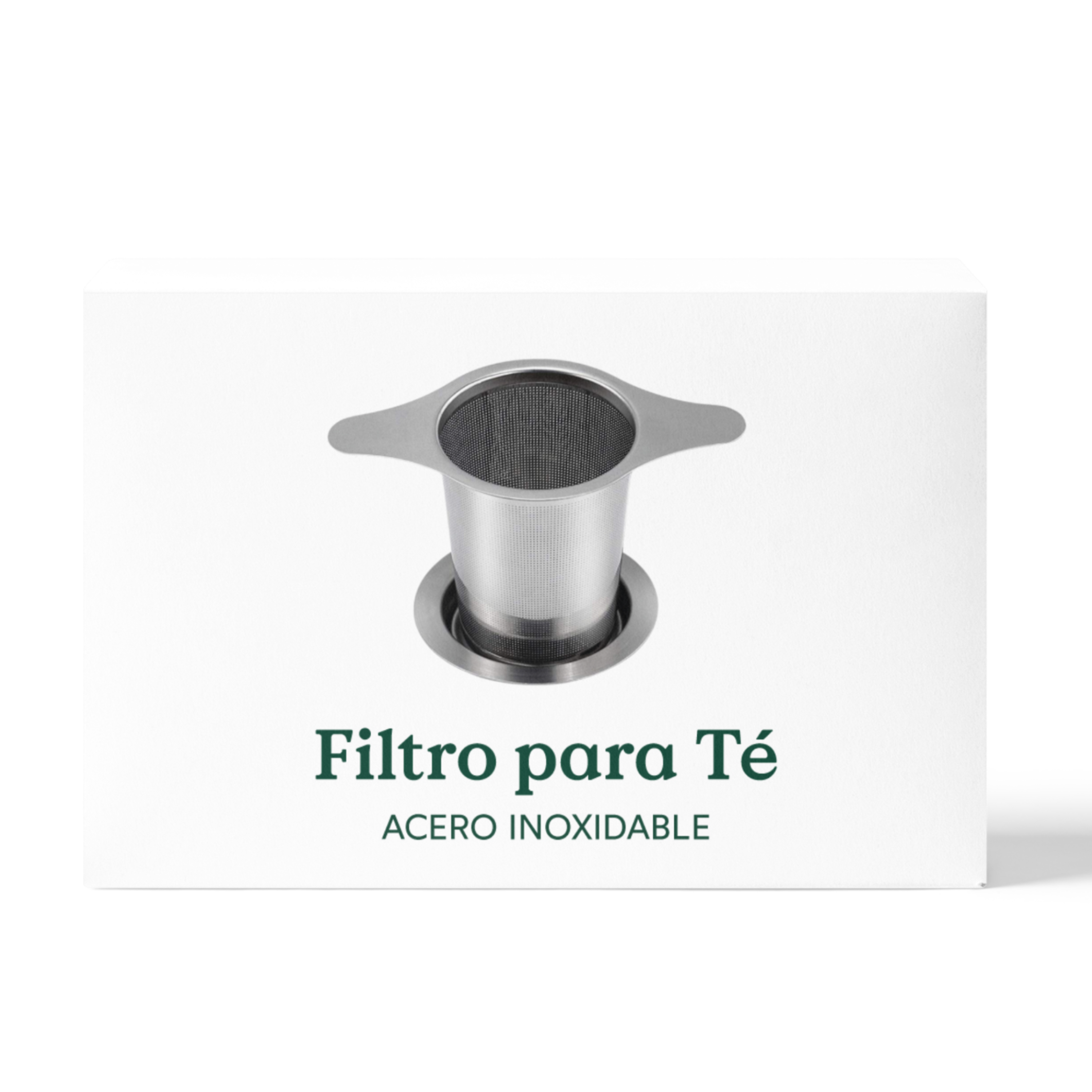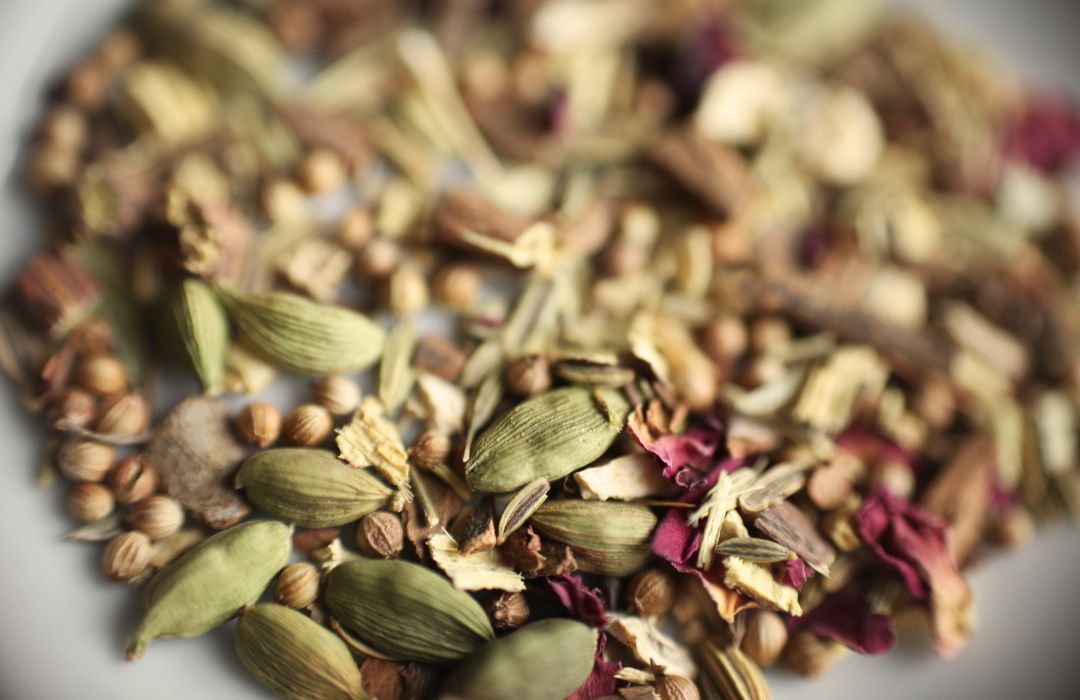
What are Ayurvedic Infusions? An Introduction Guide
You may have heard about Ayurveda or Ayurvedic medicine at some point in your life, perhaps in your yoga classes or in a health or natural medicine magazine or blog.
If you've been curious and want to know more about this ancient Indian medicine, in this article you'll find a simple guide on what Ayurveda is, how it influences our health and the main benefits that drinking Ayurvedic infusions can bring you.

What is Ayurveda?
Ayurveda is one of the oldest traditional holistic health systems in the world and has been used in India for over 3,000 years.
It is based on the belief that health and well-being depend on a delicate balance between mind, body, and spirit. "Ayur" means life, and "Veda" means science or knowledge.
Ayurveda is prevention-oriented, has no harmful side effects, and treats the root cause of a disease rather than its symptoms. Ayurveda views disease as caused by an imbalance in a person's physical or mental constitution and therefore seeks to restore a person's body and mind to a healthy balance.
Although Ayurveda can be used to alleviate a variety of conditions, it is based on the principle of preventing long-term disorders rather than waiting for problems to manifest. Ayurveda is not intended to replace modern medicine, but rather to give people the tools to treat their bodies according to their needs, leading to emotional and mental well-being and good health.
The principles of Ayurveda
Ayurveda considers the entire universe, including human beings, to be composed of five basic elements (or Panchamahabhutas): space, air, fire, water, and earth.
These five elements combine to form three biophysical forces (or doshas) within the human body: Vata (air and space), Pitta (fire and water), and Kapha (water and earth). Together, these are known as the Tridoshas, and they govern all biological functions, both physical and emotional, as well as affecting how an individual interacts with their surroundings.
All individuals have within them the three biophysical forces, but it is the predominance of one, two or all three that constitutes a person's individual constitution or Prakriti.
Although a person's Dosha type is determined at the moment of conception, the Doshas are constantly changing within the body. Just as the five basic elements fluctuate within nature, these elements will also fluctuate within the body. Therefore, Dosha dominance changes with age, time of day or night, and season, etc.
Ayurveda treats the mind and body according to a person's dosha through a system that combines diet, Ayurvedic herbal teas, detoxification, yoga, Ayurvedic massage, lifestyle routines, and behaviors that stimulate positive emotions.
The three doshas of Ayurveda
Vata: Air and Space
Vata Dosha is the principle of movement in all living organisms and is a combination of the elements of air and space. Vata Dosha is closely related to the nervous system. According to Ayurveda, the main characteristics of Vata Dosha in any individual are:
- Mobility: Generally quick actions, fast walking and talking, restless eyes, likes to travel and often has mood swings.
- Dryness: Dry body (including skin, hair and lips), tendency to constipation as a result of dryness.
- Coldness: Aversion to cold, generally cold feet and hands, tendency to poor blood circulation.
- Lightness: Generally underweight, thin physique (bones and muscles), light sleep.
- Roughness: Rough, cracked skin, nails, and hair on feet and hands.
Pitta: Fire and Water
Pitta Dosha is the principle of transformation in all living organisms and is a combination of the elements of fire and water. Pitta Dosha is closely related to the digestive system, metabolism, enzymes, and glands of the body. The main characteristics of Pitta Dosha in any individual are:
- Heat: Good appetite, strong digestive fire, body temperature is higher than normal, aversion to heat, early graying of hair.
- Oily: Oily, smooth skin. Aversion to fatty foods.
- Fluidity: Excessive sweating, excessive urine, loose stools, tendency to diarrhea, excessive thirst.
- Acidity: Teeth sensitive to acidic fruits, excessive salivation.
- Sharpness: Accurate memory, sharp teeth and sharp facial features with a pointed nose and piercing eyes.
Kapha: Water and Earth
Kapha Dosha is the principle of stability and maintenance in any living organism and is a combination of the elements water and earth. Kapha Dosha is closely related to the body's lymphatic and immune systems and is responsible for individual growth. The main characteristics of Kapha Dosha in any person are:
- Heaviness: Deep voice, tendency to obesity, large and heavy body, bones and muscles.
- Coldness: Cold skin, tendency to cold attacks, slow metabolism leading to reduced appetite and thirst.
- Softness: Soft skin and hair, with a tendency toward soft, tender nails. Affectionate, attentive, and kind demeanor.
- Sweetness: Tendency to excessive consumption of sweet foods and drinks. Good anabolic state of the body.
- Stability: Patient and relaxed attitude. Firm decision-making. Enjoys sedentary activities such as reading, watching television, etc.

What are Ayurvedic infusions?
Ayurvedic infusions are traditional herbal teas used in Ayurvedic medicine. They are a key component of Ayurveda to help people achieve health, well-being, and vitality. They come in three types, depending on each Dosha: Vata infusion, Pitta infusion, and Kapha infusion. These infusions are composed of different herbs and elements that detoxify and purify the body.
At Replantea, we've created three organic Ayurvedic infusions based on the principles of Ayurveda, which you can find at the following link.
Organic Ayurvedic Infusions >>
Benefits of Ayurvedic infusions
It's difficult to list all the health benefits of Ayurvedic herbal teas because each herb works differently for each person. You should try different ones and choose the one your body responds to. Ayurvedic herbal teas primarily focus on balancing the body and mind and can be beneficial in multiple ways:
- Boosts immunity: Drinking a cup of warm Ayurvedic tea can keep illnesses at bay, as it boosts immunity. A combination of different herbs and spices, such as ginger, fennel, turmeric, and mint, fights infections in the body and keeps you healthy.
- Body relaxation: Ayurvedic infusions will help you feel more relaxed, as they have a calming effect. Vata infusions are especially recommended before bed for better sleep.
- Curing indigestion or stomach-related problems: Most Ayurvedic teas contain herbs and spices that are beneficial for the stomach. They can help prevent or improve most stomach-related problems, such as indigestion, constipation, bloating, diarrhea, stomach pain, and more.
- Relief from menstrual pain: Ayurvedic herbal teas, specifically those containing ginger, help reduce menstrual pain by decreasing the levels of prostaglandins in a woman's body.
- Improve skin health: Ayurvedic infusions are excellent for your skin. The herbs and other ingredients combined help purify the blood and eliminate excess fat from the tissue, which is excellent for skin health.
- Body detoxifier: In general, Ayurvedic teas detoxify your body and bring you peace of mind. These teas also act as great memory enhancers and stress relievers.

Share

